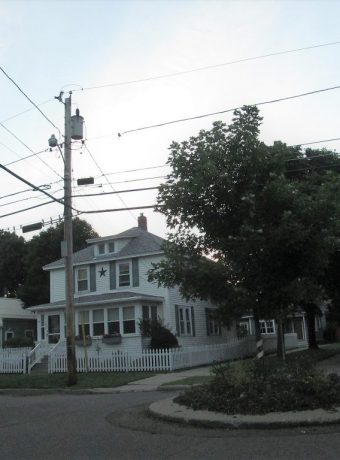If you ask anyone in Burlington what they believe are the biggest problems in Burlington, affordable housing will most likely be at the top of the list. Recently, through public input three major barriers have emerged as causing this problem. These barriers to affordable housing are:
- Allowable density does not reflect actual capacity to build.
- Zoning and ordinances are intrusive and unpredictable.
- Increasing property tax burdens.
A good start to correcting the problem would be enacting a local “anti-snob” ordinance similar to the Massachusetts law (Chapter 40B). In 1969, the Legislature adopted “anti-snob” legislation to make it easier to develop affordable housing throughout the state, especially in communities with little low- and moderate-income housing. This law allows the State to override local zoning restrictions in such communities if needed to allow for the development of low- and moderate-income housing. Burlington to enact similar zoning. Actually, Burlington’s Community and Economic Development Office (CEDO) is already considering it by investigating it further. CEDO understands that the city’s current housing policies need to change.
It’s quite obvious that excessive zoning and ordinances inflate the pricing of housing in the city. I’ve lived in communities where zoning and ordinances were very minimal and I was able to get housing for $235/month (utilities included). In the same building, rooms went for $190 month. These were completely private units, no government subsidies.
The city’s current policy of increasing housing standards and code enforcement just makes the costs of housing go up and up. While these policies are targeted at landlords, they only hurt our most vulnerable citizen’s with increasing rental costs associated with keeping up with city regulations.
At a recent planning commission meeting, it was stated that Vermont’s use of zoning is to “preserve our communities” and to ensure “conformity”. This suggests that “truely” affordable housing is not a goal and they intend to use zoning to work against affordable housing. This allows the community to send poorer residents out of their neighborhoods and into one location, such as Northgate in Ward 4, where they can be subsidized by section 8. When a politician says they are for affordable housing but are for increasing “preservation” and “conformity” zoning in their neighborhoods, they are saying that “yes, I believe we should have affordable housing in the city… just not in my backyard… put “them” somewhere else.”



